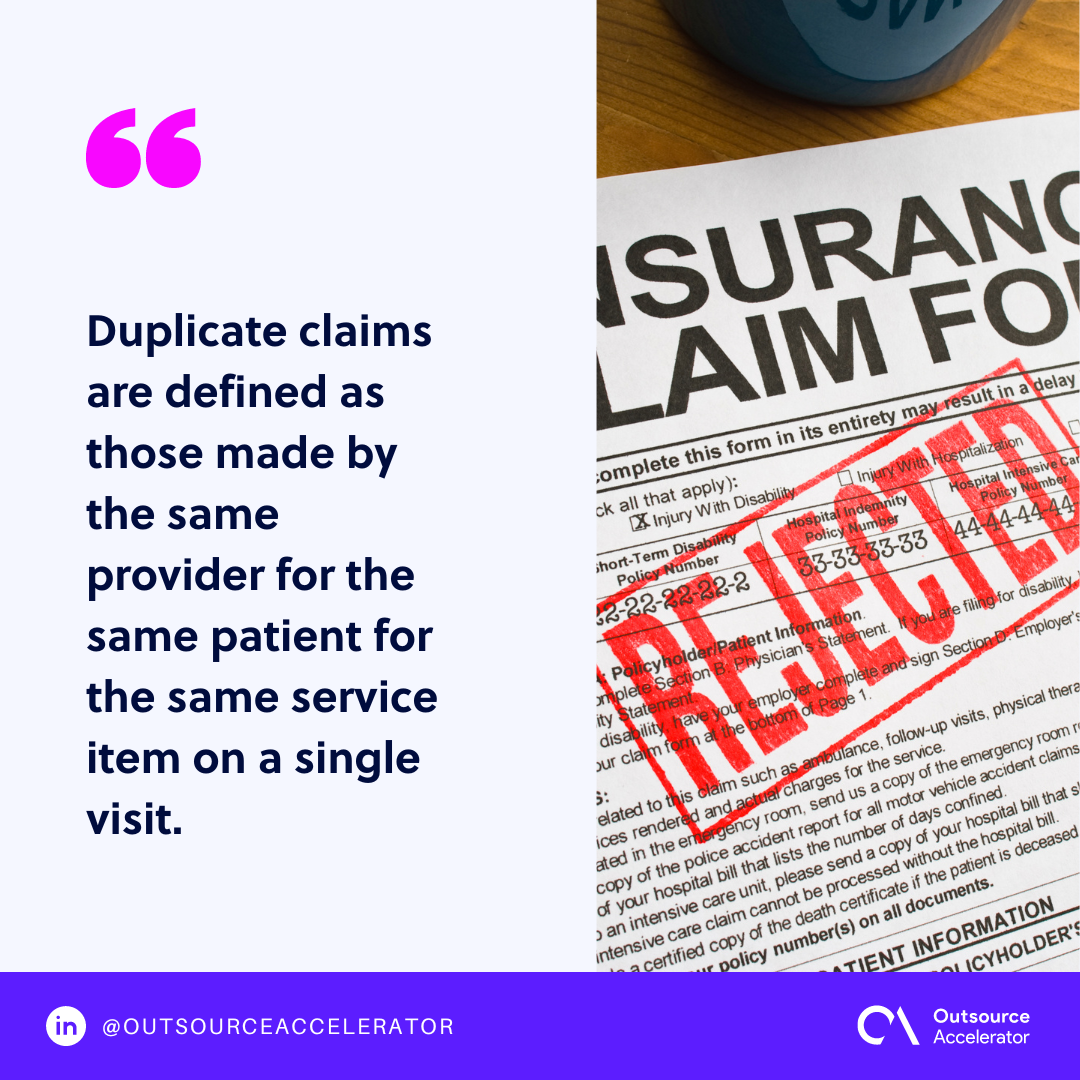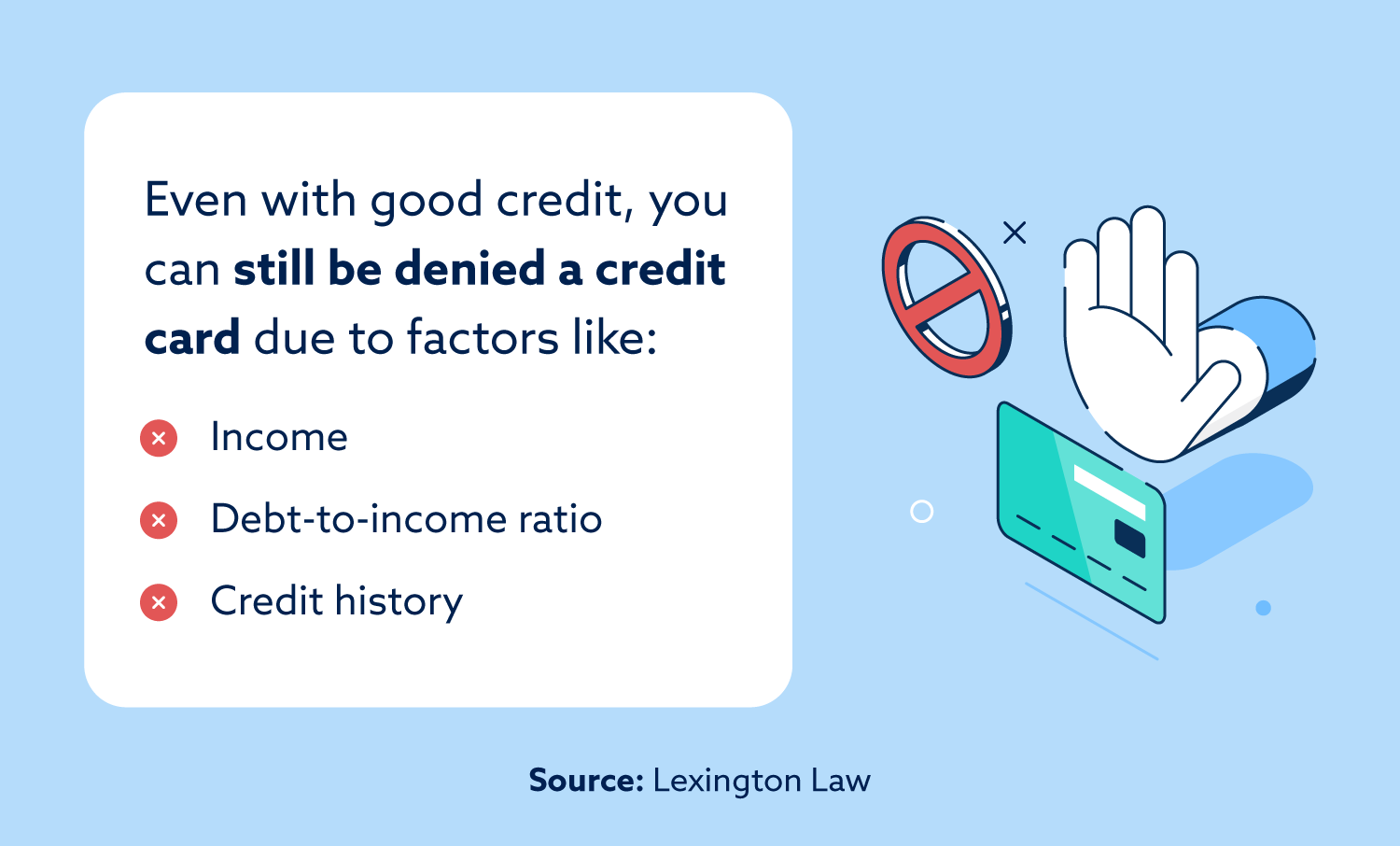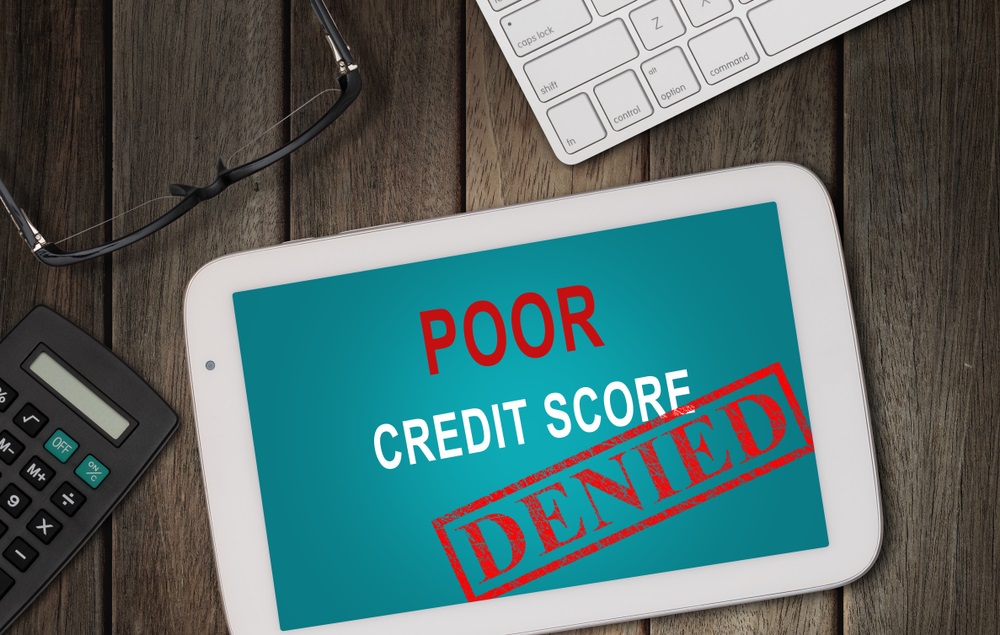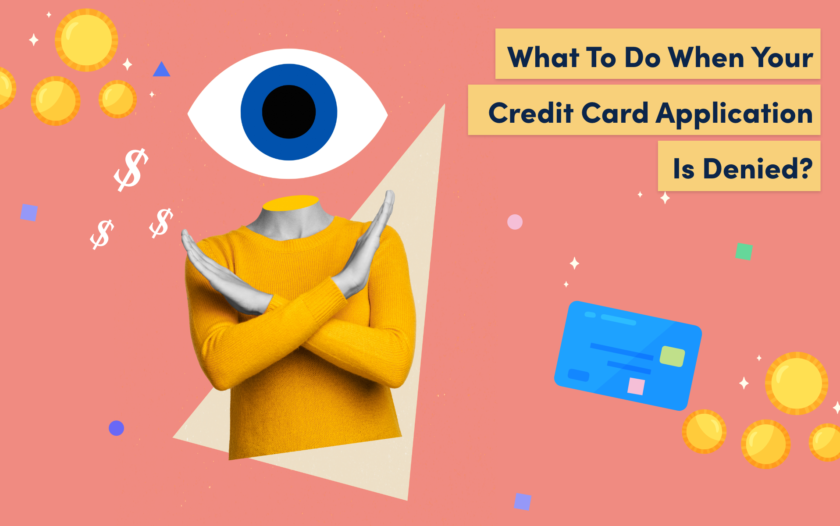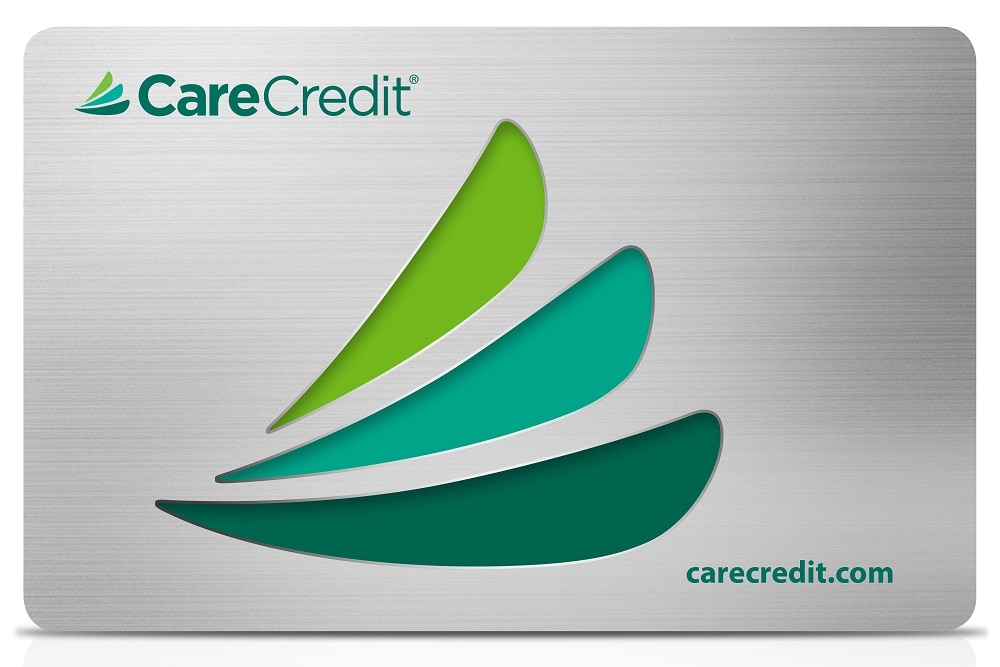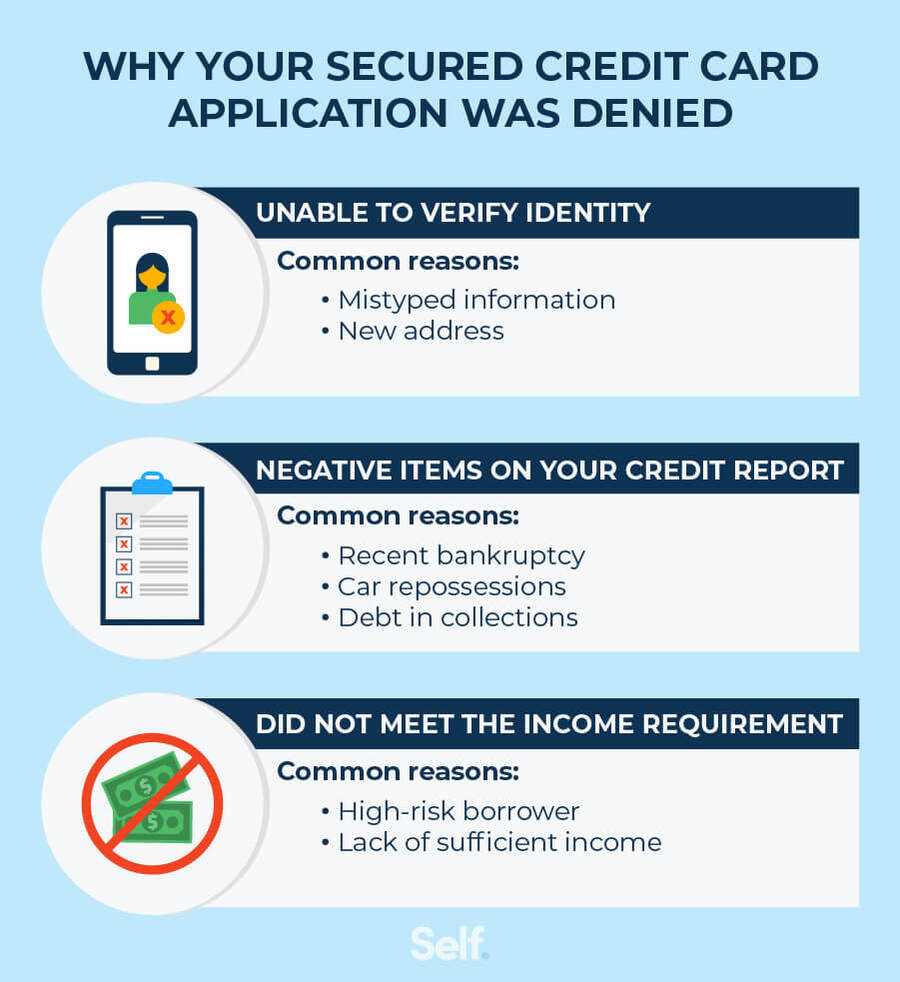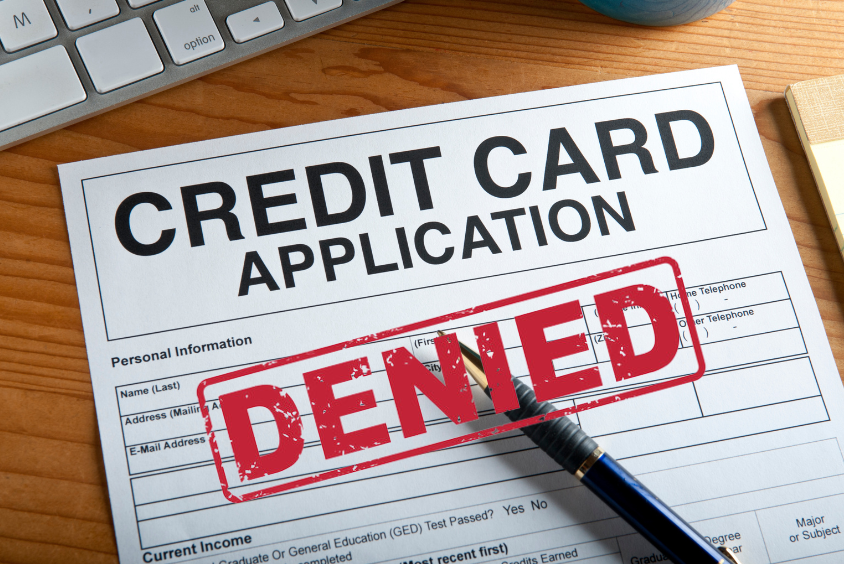Denied For Care Credit Now What

Being denied for a CareCredit card can be a frustrating experience, especially when you’re facing medical, dental, or veterinary expenses. Understanding why the denial occurred and knowing your next steps can empower you to improve your financial standing and explore alternative payment options.
This article examines the common reasons for CareCredit denial, outlines strategies for addressing the underlying issues, and provides information about alternative financing solutions. It aims to equip readers with the knowledge necessary to navigate the often-complex world of healthcare financing.
Understanding the Denial
A CareCredit denial doesn’t automatically mean you're shut out from accessing necessary care. It simply signals that your application didn't meet the lender's specific criteria.
Several factors contribute to these denials, ranging from credit score to income and debt-to-income ratio. Understanding these factors is the first step toward resolving the issue.
Common Reasons for Denial
One of the primary reasons for CareCredit denial is a low credit score. CareCredit, like most credit cards, requires a certain level of creditworthiness to ensure the applicant can repay the borrowed amount.
A history of late payments, defaults, or bankruptcies can significantly damage your credit score, making it difficult to secure approval.
Insufficient income is another common obstacle. Lenders need to be confident that you have the financial means to handle monthly payments in addition to your existing obligations.
A high debt-to-income ratio (DTI), which compares your monthly debt payments to your gross monthly income, can also trigger a denial. A high DTI indicates that a large portion of your income is already allocated to debt repayment, potentially making it difficult to manage another credit line.
Finally, errors or incomplete information on your application can lead to rejection. Even a simple typo can raise red flags and result in a denial.
What to Do After a Denial
Receiving a denial letter can be discouraging, but it also presents an opportunity to improve your financial situation. The first step is to carefully review the denial letter itself.
Under the Fair Credit Reporting Act (FCRA), you're entitled to a free copy of your credit report if you've been denied credit. This report will outline the specific reasons for the denial and provide insights into your credit history.
Reviewing Your Credit Report
Obtain your credit report from each of the three major credit bureaus: Equifax, Experian, and TransUnion. Look for any inaccuracies or errors that may be negatively impacting your score.
Dispute any errors you find with the credit bureau and the creditor that reported the information. The credit bureau is legally obligated to investigate your dispute and correct any verifiable inaccuracies.
Improving Your Credit Score
Even without errors, there are many ways to improve your credit score. Make all your payments on time, every time. Payment history is a crucial factor in determining your credit score.
Pay down your existing debt, especially credit card balances. Keeping your credit utilization ratio (the amount of credit you're using compared to your total available credit) low can significantly boost your score.
Avoid opening too many new credit accounts in a short period. Each new account can lower your average account age and potentially impact your credit score negatively.
Exploring Alternative Financing Options
While you’re working to improve your credit, explore alternative financing options for your healthcare needs. There are several possibilities to consider.
Discuss payment plans directly with your healthcare provider. Many doctors and dentists are willing to work with patients to create affordable payment schedules.
Consider a personal loan from a bank or credit union. Personal loans often have lower interest rates than credit cards, especially if you have good credit (or can improve your score as noted above).
Look into medical credit cards from other issuers. Requirements and terms can vary, making acceptance for a similar card from a different bank a possiblity.
Nonprofit organizations and charities offer financial assistance for specific medical conditions or procedures. Research organizations related to your specific healthcare needs.
Finally, explore crowdfunding platforms. These platforms can be an effective way to raise money for medical expenses by appealing to your network of friends, family, and acquaintances.
The Human Element
For many, a CareCredit denial isn’t just a financial setback; it represents a barrier to accessing essential care. A woman named Maria Rodriguez needed extensive dental work but was denied CareCredit due to a past financial hardship.
She negotiated a payment plan with her dentist and supplemented it with a small personal loan, ultimately enabling her to get the care she desperately needed. Her experience illustrates the importance of persistence and resourcefulness in navigating financial challenges.
Conclusion
Being denied for a CareCredit card can be a temporary setback, not a permanent roadblock. By understanding the reasons for the denial, taking steps to improve your creditworthiness, and exploring alternative financing options, you can gain control of your financial situation and access the healthcare you need.
Remember to always review your credit report, dispute errors, and prioritize responsible credit management. These steps are essential for building a solid financial foundation and achieving your healthcare goals.

